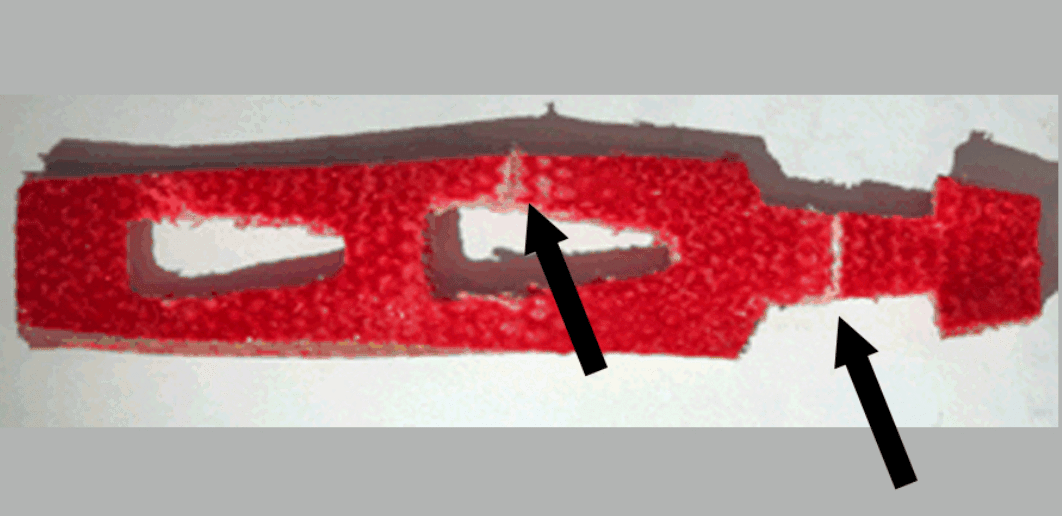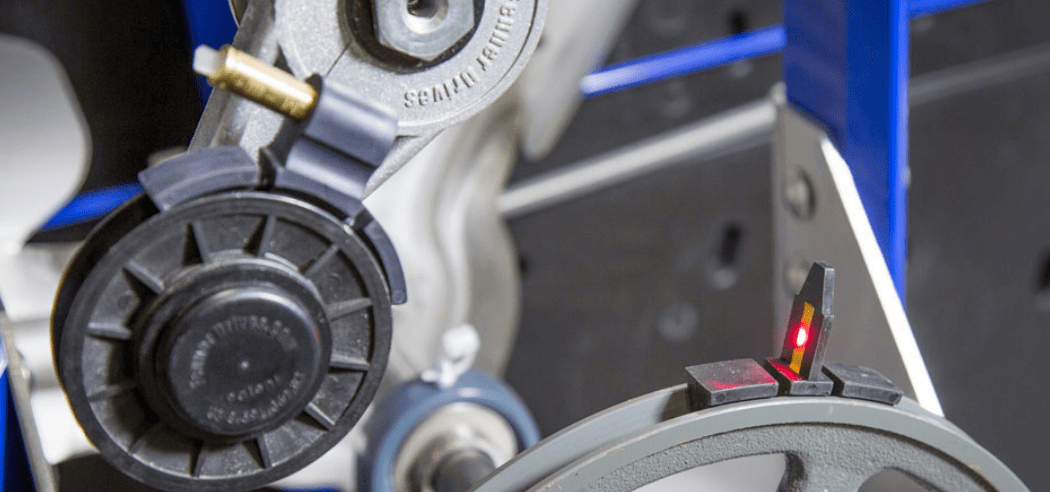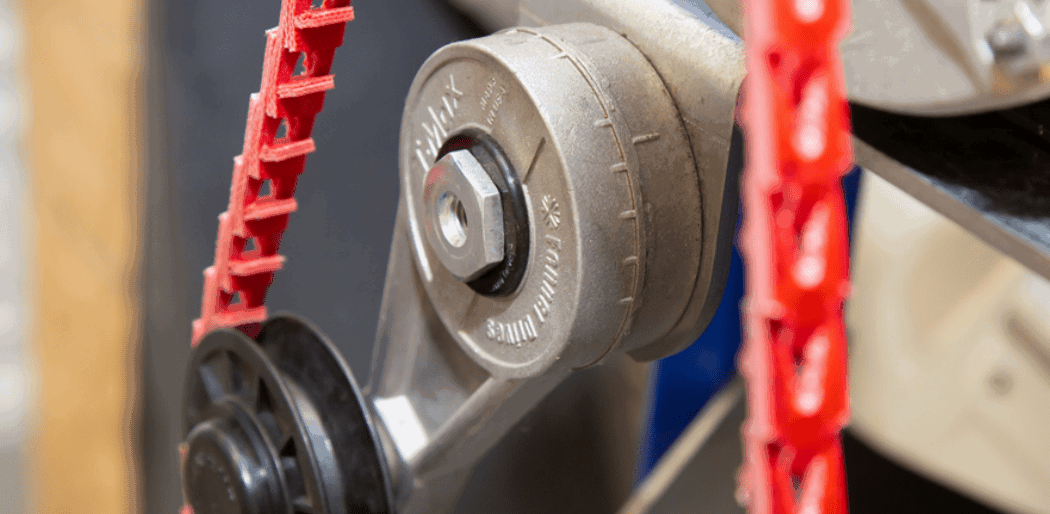



Get your fans ready for summer
Doing that maintenance now means you will not be doing it in the summer heat.Ventilation fans are no different than any other piece of equipment on the farm...they perform better with annual maintenance. Doing that maintenance now means you will not be doing it in the summer heat.
1) Dirty fan shutters can reduce fan output by 8%. It's better to put the power washer away for this one and instead use a broom or brush. Leave the broom where it is handy to keep the shutters clean throughout the season. Replace any bent or damaged vanes or rods that might prevent the vanes from closing.
2) Cones add 10% to fan performance, and missing parts nullify their effectiveness. Replace any missing parts damaged by snow, wind, or ice.
3) Minimum winter fans, especially pit fans, should be checked for a buildup on the inside of the orifice. In some cases, this hard, crusty accumulation of debris becomes so severe it restricts the fan blades or grinds down the tips of plastic blades
4) Plan to replace the fan belts every year. It is not uncommon to see a 20% reduction in cfm output because of worn belts. Belts do not stretch; instead, the rubber wears as it rubs against the pulleys. They settle into the pulley grooves as they get thinner, causing the blades to rotate slower. See this simple guide for measuring the correct belt replacements.

5) Check the neck portion on link belts. This belt part is subject to the most stress as it rotates around the pulleys. Replace the whole belt, not just the damaged link. Every link in the belt gets the same amount of stress, and the others will soon fail. For instructions on installing a link-style belt, click link belt and watch the videos at the bottom of the page.

6) Pulleys should have a sharp V shape groove. Replace any with rounded grooves to prevent the v-belts from riding too low. The Laser Fan Pulley Alignment Kit is an excellent tool for aligning new pulleys with the existing drive assembly. Easy to use, just place the laser pointer in the pulley groove and adjust the target piece in the new pulley until it lines up. The target piece also functions as a pulley groove gauge to check existing pulleys for wear.

7) If the fan has an auto tensioner, flex it several times to make the internal spring has not seized. You should also check for proper tension by checking the position of the indicator marks on the body. The indicator bar should register between the first and second marks on the tensioner body with the belt on. To increase the amount of tension, rotate the body nut counterclockwise.
Basic preseason maintenance ensures your building's fans will be "up-for-the-job" when hot weather hits.






